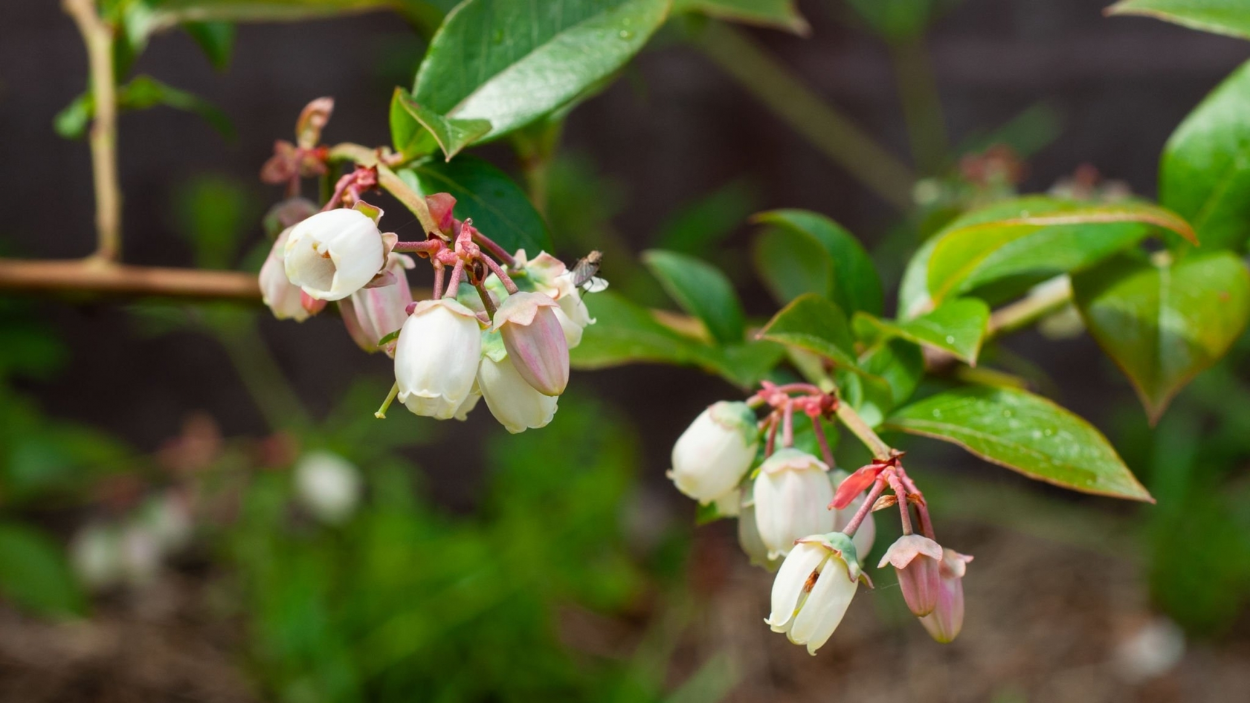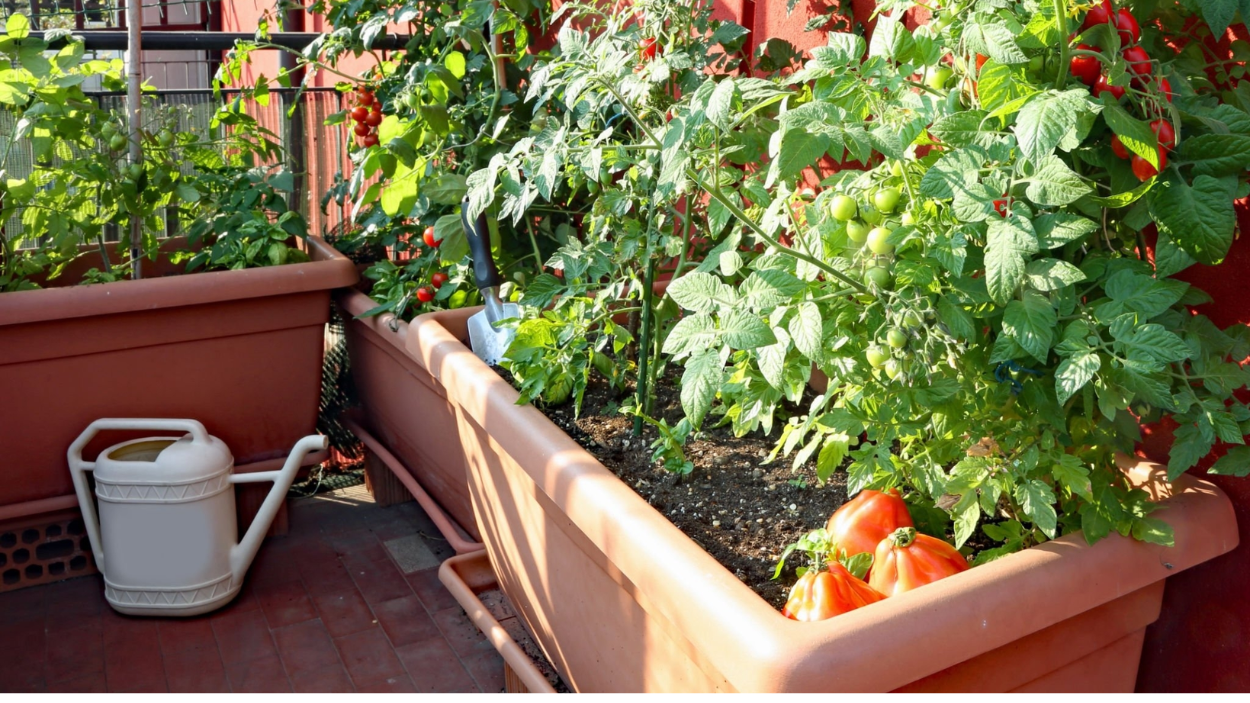Discover common reasons behind blueberry bushes flowering without producing fruit, including inadequate pollination, improper pruning, nutrient deficiencies, and environmental factors. Learn how to address these issues by implementing solutions such as hand pollination, correct pruning techniques, and providing essential nutrients and optimal growing conditions. By taking appropriate measures, you can maximize the chances of your blueberry bush transitioning from abundant flowers to a fruitful harvest.
These are the most common reasons why blueberry bushes flowers but no fruit:
Inadequate pollination (lack of pollinators or incompatible varieties)
Late spring frosts damaging blossoms
Improper pruning techniques
Nutrient deficiencies (particularly phosphorus and potassium)
Imbalanced soil pH
Excessive nitrogen fertilization
Unfavorable environmental conditions (extreme heat or drought)
Inadequate Pollination
Inadequate Pollination
Inadequate pollination is a common reason for blueberry bushes to flower without producing fruit. Blueberry plants rely on pollinators, such as bees, to transfer pollen from the male parts (anthers) to the female parts (stigma) of the flowers. A lack of pollinators in the area or having incompatible varieties that do not overlap in bloom time can result in poor pollination and fruit set.
To address this issue, consider introducing pollinator-friendly plants nearby or planting compatible blueberry varieties that bloom at the same time to ensure proper cross-pollination. Additionally, manually hand-pollinating the flowers with a soft brush can help improve the fruit set in cases of limited pollinator activity.
Late Spring Frosts Damaging Blossoms
Late spring frosts can be detrimental to blueberry blossoms, leading to the failure of fruit development. Blueberry flowers are delicate and vulnerable to freezing temperatures. When exposed to frost, the blossoms can suffer damage, causing them to wither and preventing the formation of fruit.
- To mitigate the impact of late spring frosts, consider implementing protective measures such as covering the blueberry bushes with frost blankets or using overhead sprinklers to create a protective layer of ice during frost events. These methods help insulate the blossoms and minimize frost damage, increasing the likelihood of successful fruiting.
Improper Pruning Techniques
Improper trimming procedures might cause blueberry plants to blossom but not provide fruit. Pruning is required to keep blueberry bushes healthy and productive, but improper pruning might eliminate potential fruit-bearing wood. Fruit growth can be hampered by over-pruning or pruning at the incorrect time, such as eliminating too many immature branches or cutting off flower buds.
- To avoid this problem, follow correct pruning procedures, which often include removing dead or diseased wood, thinning out crowded branches, and shaping the plant deliberately during the dormant season. You may guarantee that your blueberry bushes have the proper balance of vegetative growth and fruiting wood by trimming appropriately, resulting in a more successful crop.
Nutrient Deficiencies
Nutrient deficiencies, particularly in phosphorus and potassium, can contribute to blueberry bushes flowering without producing fruit. These essential nutrients play a crucial role in fruit development and overall plant health. Insufficient phosphorus levels can hinder flower formation and reduce fruit set, while inadequate potassium can impair fruit size and quality.
Conduct a soil test to assess nutrient levels and pH, and amend the soil with organic matter and appropriate fertilizers to address any deficiencies.
Applying a balanced fertilizer specifically formulated for blueberries, with higher phosphorus and potassium content, can help ensure optimal nutrient availability and promote successful fruit production.
Regular monitoring of soil fertility and targeted nutrient supplementation will support healthy blueberry growth and enhance fruiting potential.
Imbalances Soil pH
Imbalanced soil pH is another factor that can lead to blueberry bushes flowering without producing fruit. Blueberries thrive in acidic soil conditions, typically with a pH range of 4.5 to 5.5. When the soil pH becomes too high (alkaline) or too low (acidic), it can negatively impact the availability of essential nutrients to the plants, affecting their overall health and fruiting capacity. In alkaline soil, blueberries may struggle to absorb nutrients like iron and manganese, which are crucial for fruit development.
Conversely, excessively acidic soil can also hinder nutrient uptake and overall plant growth. It is essential to regularly test the soil pH and adjust it accordingly using suitable amendments.
Applying sulfur or acidic organic matter like pine needles or peat moss can help lower the pH, while agricultural lime can be used to raise it if the soil is too acidic.
Maintaining the optimal soil pH range for blueberries is vital for promoting healthy growth and improving fruit set and yield.
Excessive Nitrogen Fertilization
Excessive nitrogen fertilization is a common reason for blueberry bushes to produce abundant foliage and flowers but limited fruit. Nitrogen is an essential nutrient for plant growth, including leaf development, but an overabundance of nitrogen can inhibit fruiting. When blueberry plants receive too much nitrogen, they allocate their resources primarily to vegetative growth, resulting in a reduction in flower bud formation and fruit production.
To avoid excessive nitrogen fertilization, it is crucial to understand the specific nitrogen requirements of blueberries. Instead of applying high-nitrogen fertilizers, opt for a balanced fertilizer formulated specifically for acid-loving plants like blueberries. These fertilizers typically have a lower nitrogen content and a higher proportion of phosphorus and potassium, which are essential for flower and fruit development.
Additionally, regular soil testing can provide insights into the nutrient levels in the soil and help determine the appropriate fertilizer application rate. By maintaining a balanced nutrient profile and avoiding excessive nitrogen, you can promote optimal fruiting and overall plant health in your blueberry bushes.
Unfavorable Environmental Conditions
Unfavorable environmental conditions, such as extreme heat, drought, and heavy rainfall, can hinder blueberry bushes from producing fruit. High temperatures can lead to poor pollination and plant stress, while drought affects water uptake and fruit development. Excessive rainfall or wet soil conditions can damage roots and impede nutrient absorption. Mitigating these conditions is crucial.
- Providing shade during heatwaves, implementing proper irrigation practices, and ensuring adequate drainage can create a more favorable environment for blueberry plants, promoting successful fruiting and a productive harvest.
Solutions Recommended
Introduce pollinator-friendly plants or plant-compatible blueberry varieties for improved pollination.
Protect blueberry blossoms from late spring frosts with covers or overhead sprinklers.
Follow proper pruning techniques to maintain potential fruit-bearing wood.
Address nutrient deficiencies through soil testing and appropriate amendments.
Maintain optimal soil pH levels (4.5 to 5.5) for blueberries using suitable amendments.
Avoid excessive nitrogen fertilization and use balanced fertilizers.
Mitigate unfavorable environmental conditions by providing shade, proper irrigation, and improving drainage.
Frequently Asked Questions
Q: What can I do to protect my blueberry blossoms from late spring frosts?
A: You can protect blueberry blossoms from late spring frosts by covering the bushes with frost blankets or using overhead sprinklers to create a protective layer of ice during frost events.
Q: How should I prune my blueberry bushes to promote fruit production?
A: Follow proper pruning techniques, including removing dead or diseased wood, selectively shaping the plant during the dormant season, and avoiding over-pruning or pruning at the wrong time.
Q: What should I do if my blueberry bushes have nutrient deficiencies?
A: Conduct a soil test to determine nutrient deficiencies and amend the soil with organic matter and appropriate fertilizers, focusing on balanced formulations with higher phosphorus and potassium content for blueberries.
Final Thought
Understanding the reasons behind blueberry bushes flowering but not producing fruit is essential for successful cultivation. By addressing factors such as inadequate pollination, late spring frosts, improper pruning, nutrient deficiencies, imbalanced soil pH, excessive nitrogen fertilization, and unfavorable environmental conditions, gardeners can overcome these challenges and promote fruitful harvests. Implementing appropriate solutions, such as enhancing pollination, protecting blossoms, practicing proper pruning techniques, addressing nutrient needs, adjusting soil pH, avoiding excessive nitrogen, and mitigating environmental issues, will maximize the chances of blueberry bushes transitioning from abundant flowers to a bountiful yield of delicious fruits. With patience, knowledge, and careful care, gardeners can enjoy the satisfaction of growing thriving and productive blueberry plants.




